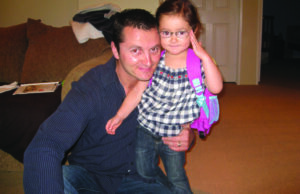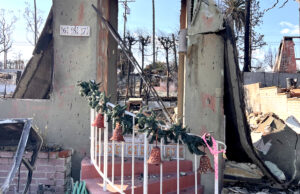NPHS’ Model UN heads to University of Southern California conference
On March 23, the NPHS Model United Nations team participated at a conference at USC. The club goes to these conferences with each team member taking on the perspective of a different nation. At these events, students discuss international affairs, social issues, economics and other topics, trying to find solutions to these problems.
Jason Jimenez, senior and treasurer of the Model UN club, illustrated the many various topics that the team must prepare to approach at their conferences. “There’s a bunch of other students from a bunch of different high schools and they all congregate and discuss multiple issues of global importance such as nuclear weapons, social security. We’ve even done like humanitarian stuff like what to do with art that has been lost in war,” Jimenez said.
While some members join the club just for fun, Lily Kang, junior and vice president of the Model UN club, discussed the cutthroat mindset of some other delegates. “Model UN is a very competitive field by nature. So, we had to do a lot of research and to not get stepped on by other delegates and nations,” Kang said. “There was definitely a lot of inequality that happened during the conference and a lot of bullies. So, if you want to prevent yourself from getting bullied, I suggest doing a lot of research and having the most knowledge in the topics in the whole room.”
Jackson Rippon, junior and member of the Model UN club, explained how beneficial the program is to gaining knowledge outside the classroom. “It definitely helps us understand our own country as other people are probably representing our country,” Rippon said. “It helps us understand our foreign policy and the way in which different countries work with each other to try and resolve their issues. So it’s important for citizens to understand what’s going on behind the scenes and compare that to what’s actually being published.”
No matter the reason students join the Model UN club, diplomacy is key. “Diplomacy is one of the biggest components that is important,” Jimenez said. “You learn how to understand [other members’] point of views and respond to that which is not central to you only as a student, but pretty much the rest of your life.”



